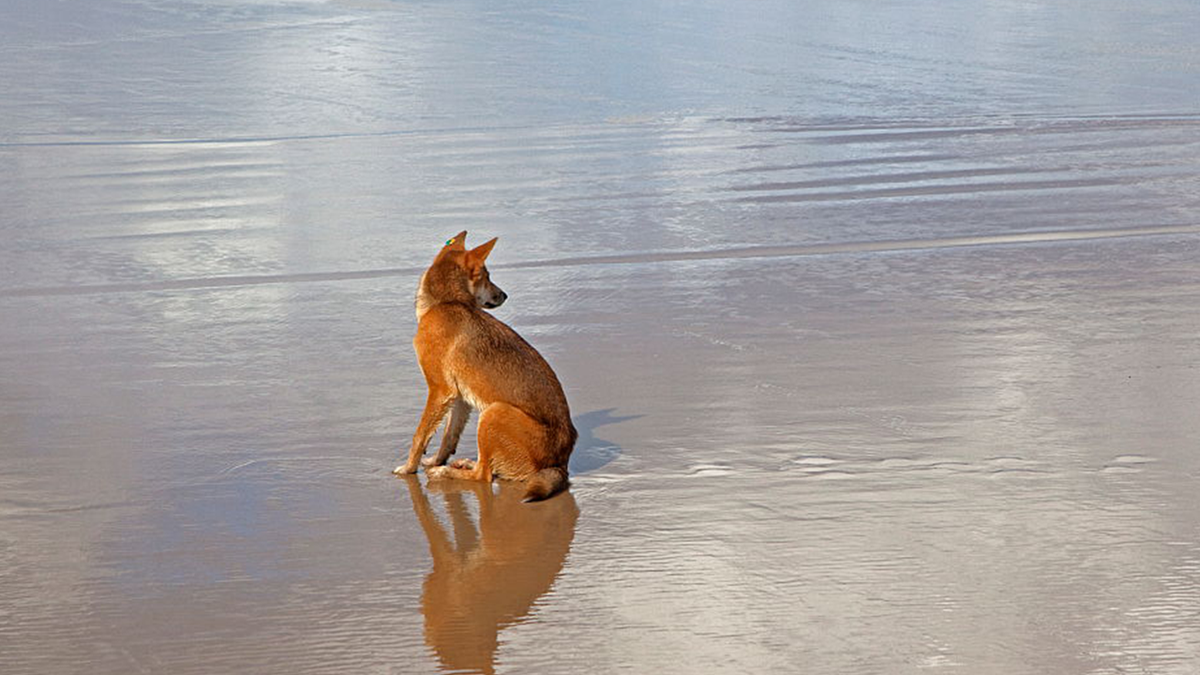Authorities on K’gari (formerly Fraser Island) have euthanized the leader of a dingo pack responsible for a severe attack on a jogger. Sarah Peet, 23, was jogging along a beach when three or four dingoes attacked her. She was airlifted to a hospital on the mainland and is in stable condition. The Queensland Parks and Wildlife Service confirmed the alpha dingo of the pack was captured and euthanized. This decision, considered a last resort, was backed by the island's traditional owners, the Butchulla people. This is the second dingo euthanized in recent weeks due to aggressive behavior, highlighting the growing concern over dingoes' increasing comfort around humans, often attributed to tourists feeding or approaching them for photos. While Peet didn't intentionally interact with the dingoes, visitors are warned against running or jogging outside fenced areas as dingoes may see this as chasing behavior. The dingoes pursued Peet into the water, a hunting tactic they use for larger prey. A couple driving by witnessed the attack and intervened, potentially saving Peet's life. The man placed himself between Peet and the lead dingo, suffering bites to his hands in the process. Peet sustained significant injuries, including a serious bite to her arm and multiple bites on her legs. Rangers have confirmed the importance of the couple's intervention, believing Peet might not have survived otherwise. The euthanized dingo was one of three on the island fitted with tracking collars due to their high-risk behavior. When collared in April, the dingo was approximately two years old and weighed 37 pounds, heavier than average, suggesting it had been fed by humans. Another dingo was euthanized in June after separate attacks on a child and a French tourist, marking the first such instance since 2019. This dingo was reportedly the offspring of a collared dingo known for dangerous behavior. K’gari is known for its pure dingo population, as domestic dogs are prohibited. Authorities are working on strategies for safer coexistence between humans and dingoes. Tourists are reminded that the Queensland Parks and Wildlife Service monitors social media for violations of wildlife interaction rules, with fines reaching up to $8,191. Two tourists were recently fined for approaching dingoes for photos and videos. One woman filmed sleeping dingo pups, highlighting the risk as a mother dingo would likely defend her young aggressively.









